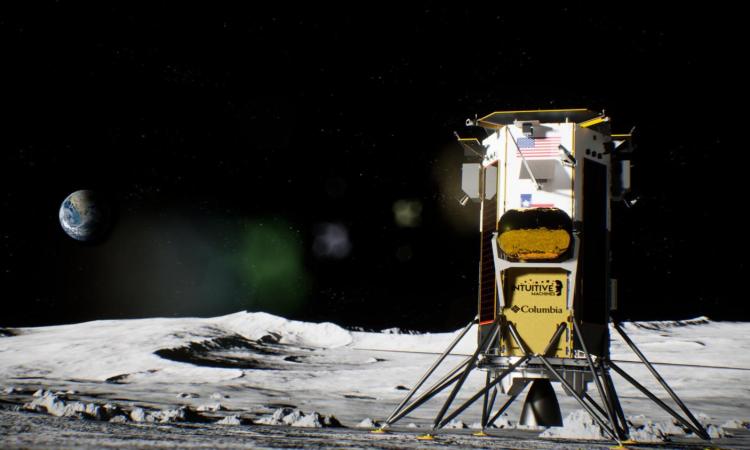AE Professor will oversee master’s and doctoral programs at Georgia Tech's School of Aerospace Engineering
John Christian, associate professor in the Daniel Guggenheim School of Aerospace Engineering (AE School), has been selected as the new associate chair for graduate programs for the AE School. In this new role, he will oversee the master’s and doctoral programs, enhance advisement, review curriculum, and recruit top talent.
“This is an exciting and dynamic time for both the aerospace profession and higher education. New aerospace technologies are opening up new markets on Earth and in space, while innovations in AI are changing the way we train the next generation of engineers,” said Christian. “I am excited to work with the AE School faculty and staff to help bring the latest innovations into our graduate program to enhance student success.”
Since 2024, the program has ranked No. 2 in the nation for its graduate and doctoral programs in aerospace engineering. Currently, the program hosts about 1,000 students, including 300 distance learning students from across the globe.
Graduate students interested or enrolled can expect distance learning enhancements, continuing efforts to streamline processes for each step along a graduate student’s academic journey, and new initiatives to enrich the AE graduate student experience.
Christian’s research focuses on algorithm development to extract information from space sensor data. He is most well-known for his contributions in the use of visible/infrared space imagery, especially for celestial optical navigation (OPNAV), planetary terrain relative navigation (TRN), and star/asterism identification. His algorithms have been incorporated into numerous space exploration missions including NASA’s Commercial Lunar Payload Services (CLPS) and Artemis program.
Christian is active in numerous professional societies. He is an American Astronautical Society (AAS) Fellow and an associate editor of the AAS Journal of the Astronautical Sciences. He is also an American Institute of Aeronautics and Astronautics (AIAA) Associate Fellow.
He replaces Professor Adam Steinberg, who was recently appointed Georgia Tech’s secretary of the faculty.
(text and background only visible when logged in)
Related News

A Georgia Tech Algorithm is Headed to the Moon
AE professor John Christian created an algorithm to help land a spacecraft on the Moon. Working with Intuitive Machiness, the algorithms are part of the Terrain Relative Navigation (TRN) software onboard Intuitive Machines’ Nova-C class lunar lander named Odysseus, which launched on February 15, 2024 and is attempting to become the first American spacecraft to softly land on the lunar surface since Apollo 17 in 1972.

New Algorithms Developed at Georgia Tech are Lunar Bound
Georgia Tech’s Space Exploration and Analysis Laboratory (SEAL) has developed new algorithms that are headed to the Moon, as part of the Intuitive Machine’s IM-2 mission. The mission is sending a Nova-C class lunar lander named Athena to the Moon’s south pole region to test technologies and collect data that aim to enable future exploration.
